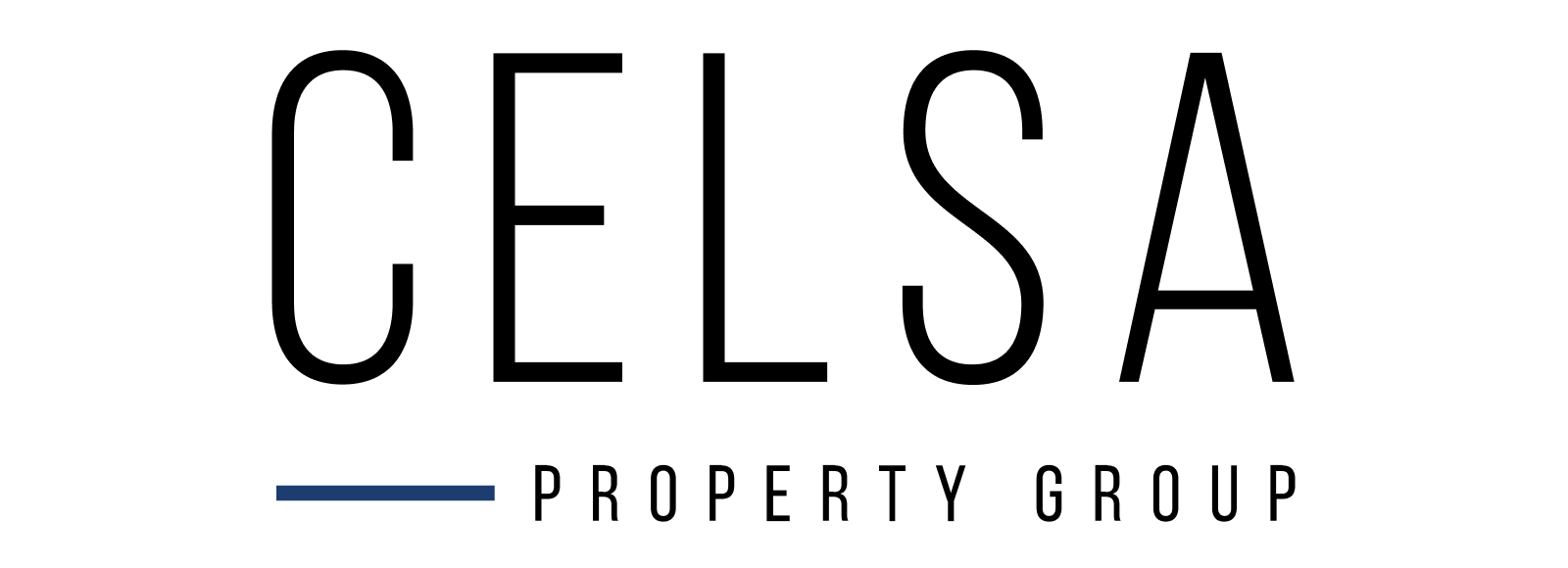Why Property Will Still Be a Safe Haven in 2016
Amid extreme stock market volatility, political upheavals and plummeting oil and commodity prices, private investors - big and small - are finding a safe haven in property, and this bodes well for the real estate market in 2016.
“For many, property is a known quantity, a familiar and reliable place to put your money when everything else is in flux,” says Rawson.
This is according to Bill Rawson, chairman of the Rawson Property Group, who says at the moment, investors in South Africa and all around the world are avidly seeking out ‘copper-bottom’ assets that are more likely to hold their value in the face of major social changes or economic shocks.
“For many, property is a known quantity, a familiar and reliable place to put your money when everything else is in flux, he says.
“After all, although real estate prices may grow more slowly in some years than in others, they have only declined or failed to keep up with inflation twice in the past 30 years. And in South Africa, we have the added advantage, currently, of the low rand exchange rate that makes residential property here an attractive proposition for foreign investors and developers.”
Rawson says when it comes to the much bigger buy-to-own category, SA is also in a better position than many other countries due to its youthful population, high rate of new household formation and a steady increase in the number of people entering the middle class, all of which serve to underpin demand.
“In short, the number of prospective property buyers and tenants in SA’s formal housing sector continues to rise somewhat, even when the economy is performing badly,” he says.
“And for a number of reasons, the rate at which new homes are being delivered to the market by housing developers is still behind this demand, so there is every reason to believe that the real estate market will hold its own in 2016.”
Rawson says the latest available Reserve Bank figures show that the total value of household mortgage balances showed a year-on-year increase of 4.3% at the end of October 2015, from R825.2 billion to R860.5 billion - even though overall household credit as a percentage of total private sector credit declined over the same period.
“What this means in practical terms is that households are less inclined at the moment to obtain credit to buy goods like cars, or to use credit cards, for example, than they are to borrow money in order to buy a home, and that is positive for the property market.”
Rawson says the year ahead will undoubtedly be a tough one for consumers, thanks to slow economic growth, the collapse in the value of the rand and rising interest rates, which mean that many more households will be putting a bigger portion of their disposable income into debt repayment.
“Consequently, this might not be the best year for the office, industrial and retail property sectors, and potential home buyers are likely to find it more difficult to secure home loans,” he says.
“However, while the rate of price growth in the residential sector is set to slow down, there will still be plenty of properties sold, and actual prices are expected, even by the most conservative forecasters, to at least keep pace with inflation for the next 12 to 24 months.”
Rawson says there is a tendency in SA to sensationalise slower growth in the economy in general and property prices in particular, and create the impression that the market is in imminent danger of collapse.
“But this is not true and it is also quite irresponsible because of the possible effect of a ‘self-fulfilling prophecy of doom’ on millions of owners whose entire livelihoods are tied up in their homes - who have no wealth but their properties. We need to be more factual.”
A recent Absa Housing Review shows that the International Monetary Fund expects the world economy to grow by just 3.6% in 2016, with growth in emerging and developing economies forecast to average 4.5%, but average just 2.2% in advanced economies.
Rawson says even in the US, where the Federal Reserve recently raised interest rates for the first time in 10 years, GDP growth this year is only expected to reach 2.8%.
The rate of growth in China is expected to drop, and in the European Union, which is still SA’s biggest trading partner by value, growth is forecast to reach just 1.6% this year.
“This does not mean that South Africa can afford in any way to be complacent, but it does put the 1.8% growth forecast for this year into context,” he says.
Meanwhile, Absa’s own figures show that house prices in the middle-income segment of the market rose by an average of 5.6% in the year to end-September 2015, with most of the country’s metropolitan areas showing even greater growth, ranging all the way up to 24% in East London. The average inflation rate for the same period was 4.5%.
Nevertheless, Rawson says cash-strapped consumers are likely to become even more value conscious in 2016, and home sellers will be well advised to heed the advice of seasoned and well-informed agents when it comes to pricing their homes and negotiating sales.
